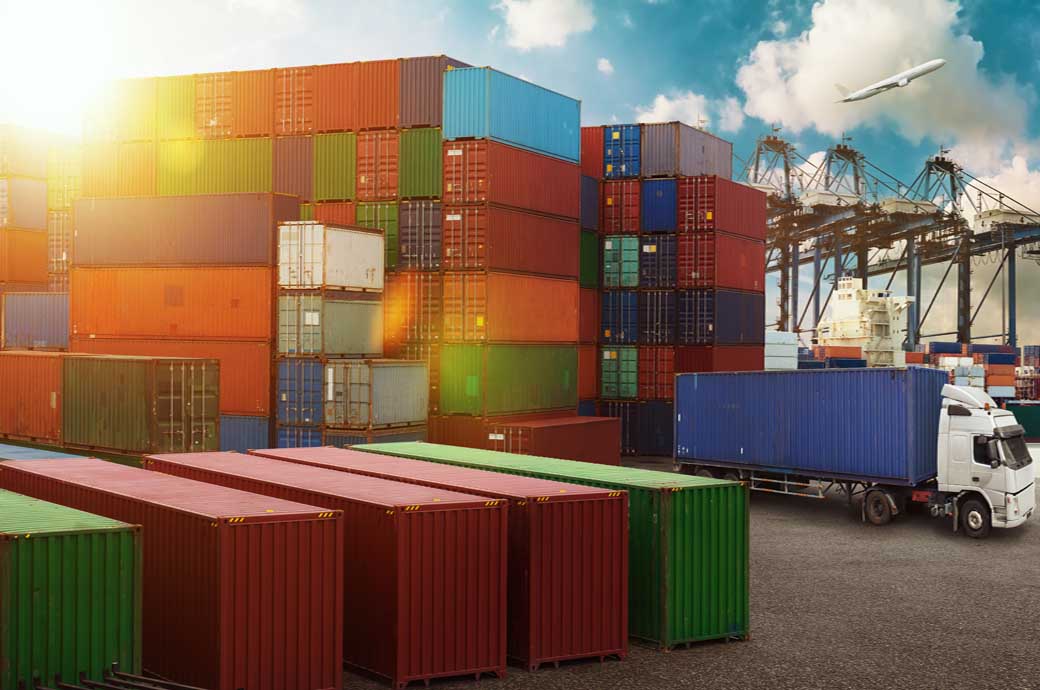Every US LMI metric expands in Jan 2024 for 1st time since Sept 2019

Insights
- Though every US logistics managers' index metric rose for the first time in January since September 2019, it dropped for the fifth time in six months.
- Growth is rising at an increasing rate for inventory levels and costs, transportation utilisation and prices.
- It is rising at a falling rate for warehousing capacity, utilisation and prices, transportation capacity.
The LMI score is a combination of eight unique components that make up the logistics industry, including: inventory levels and costs, warehousing capacity, utilization, and prices, and transportation capacity, utilization and prices.
Researchers at Arizona State University, Colorado State University, Florida Atlantic University, Rutgers University and the University of Nevada, Reno, in conjunction with the Council of Supply Chain Management Professionals (CSCMP) issued this LMI report recently.
The most significant move is the long-awaited return of transportation prices (plus 12.7) to expansion, its first appearance on the positive side of the ledger since June 2022 at the start of the freight recession.
This increase in price is largely driven by movements by retailers to increase their inventory levels (plus 8.4) after a busy holiday season.
This inventory rebuild also led to a considerable increase in the expansion of inventory costs (plus 11).
The warehousing metrics continued their steady, sustainable rates of expansion, with all three growing at slightly slower rates.
When taken together, January’s report does offer evidence that the logistics industry could be moving back into a period of growth after the long downturn that started in 2022, the report noted.
Consumer sentiment spiked up by 13.1 per cent in January to 79 per cent. The combined 29-per cent increase in sentiment from December to January is the biggest two-month jump since the end of the recession in 1991.
The reading of 55.8 for transportation prices is the first time this metric has been in contraction territory since June 2022.
After contracting in December, inventory levels were up by 8.4 points in January to 52.8. This mild rate of expansion suggests that while firms are re-stocking after the holiday season, they are doing so on an as-needed basis.
This restocking was centered on downstream retailers, who replenished their inventory at a rate of 62.8. Conversely, upstream respondents saw inventory levels contract slightly at 47.1.
Future predictions for the overall LMI are 62.8, which is up by 3.9 points from December’s future prediction of 59.9. Warehousing and transportation capacity are expected to continue growing, but at slower rates of 56.4 and 50.9 respectively, potentially explaining the expected increases in price.
If these predictions prove to be true, it is likely that the freight recession will end, and transportation will move back into a period of growth, the report added.
Fibre2Fashion News Desk (DS)
































-Ltd..jpg?tr=w-120,h-60,c-at_max,cm-pad_resize,bg-ffffff)





.jpg?tr=w-120,h-60,c-at_max,cm-pad_resize,bg-ffffff)
.jpg?tr=w-120,h-60,c-at_max,cm-pad_resize,bg-ffffff)






